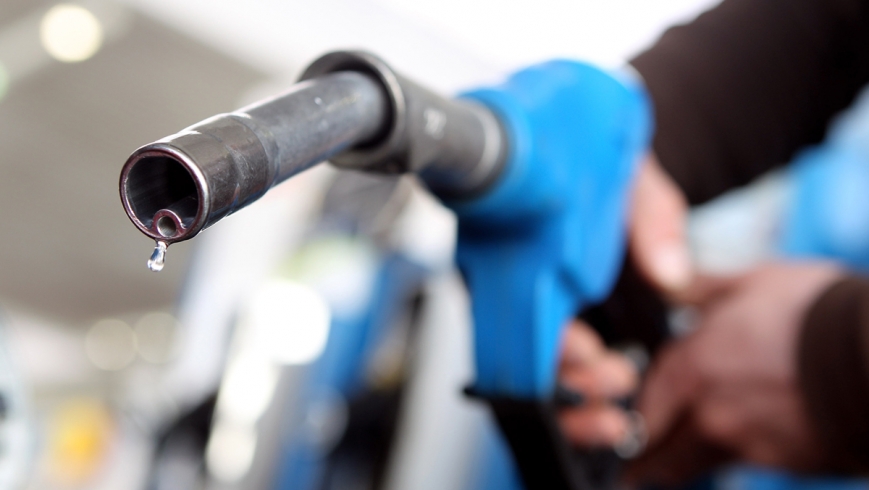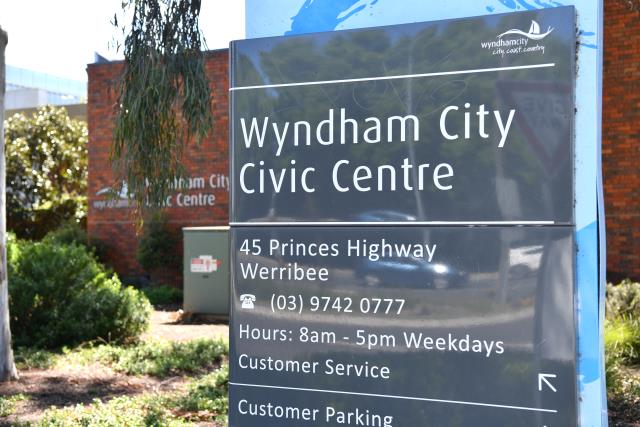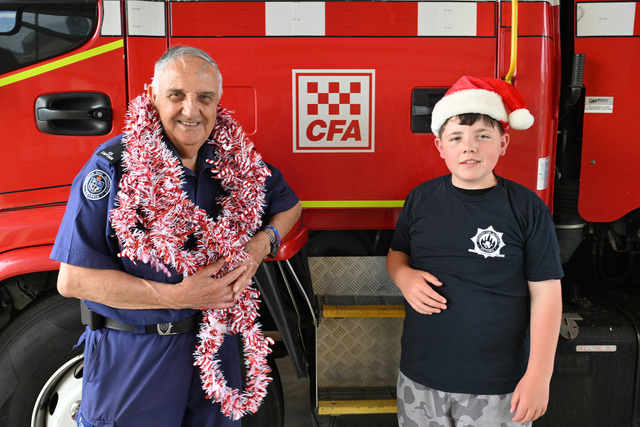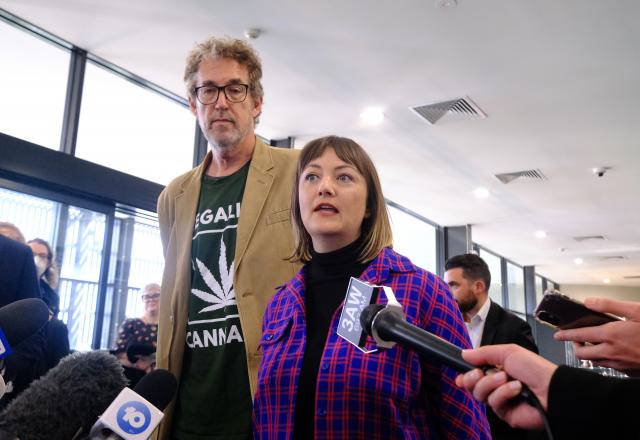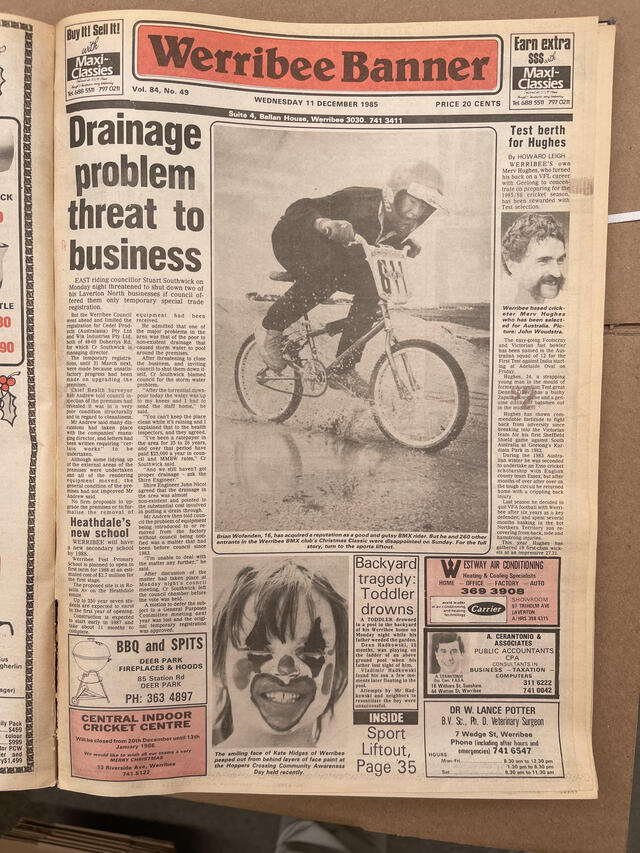Wyndham residents who drive to work in the CBD and inner suburbs are tipped to be among the worst affected by a proposed fuel excise increase.
Figures from the state Auditor-General’s office reveal Wyndham residents travel some of the longest distances to get to work.
The Auditor-General found Wyndham motorists drive an average of 25 kilometres each way daily.
The Victorian Council of Social Service (VCOSS) said the data showed a major impact that higher petrol prices would have on low-income families living on Melbourne’s urban fringe, in contrast to comments made by federal Treasurer Joe Hockey last week.
Mr Hockey claimed high-income families would feel the impact of a planned fuel tax increase more than low-income families, because the “poorest people either don’t have cars or actually don’t drive very far in many cases”.
VCOSS chief executive Emma King said Wyndham residents had higher travel costs and were more likely to experience “transport poverty” than people in inner-city suburbs.
“Growth corridors like Melton and Wyndham don’t have the same access to public transport so they rely on cars,” she said.
“People are moving to these areas a lot of the time because of housing affordability and have to rely on cars to travel to jobs closer in.’’
Lalor MP Joanne Ryan said Mr Hockey’s comments showed he was out of touch.
“Almost 60 per cent of Lalor families have two or more vehicles and Joe Hockey fails to understand the impact his petrol tax will have on local families,” she said.
The National Growth Areas Authority, representing 25 growth councils including Wyndham, also rejected Mr Hockey’s comments, for which he has since apologised.
“Residents in outer suburbs already pay a high price for living there. Higher fuel prices, and still sitting for hours on congested roads, will add to their burden,” authority chairman Glenn Docherty said.

